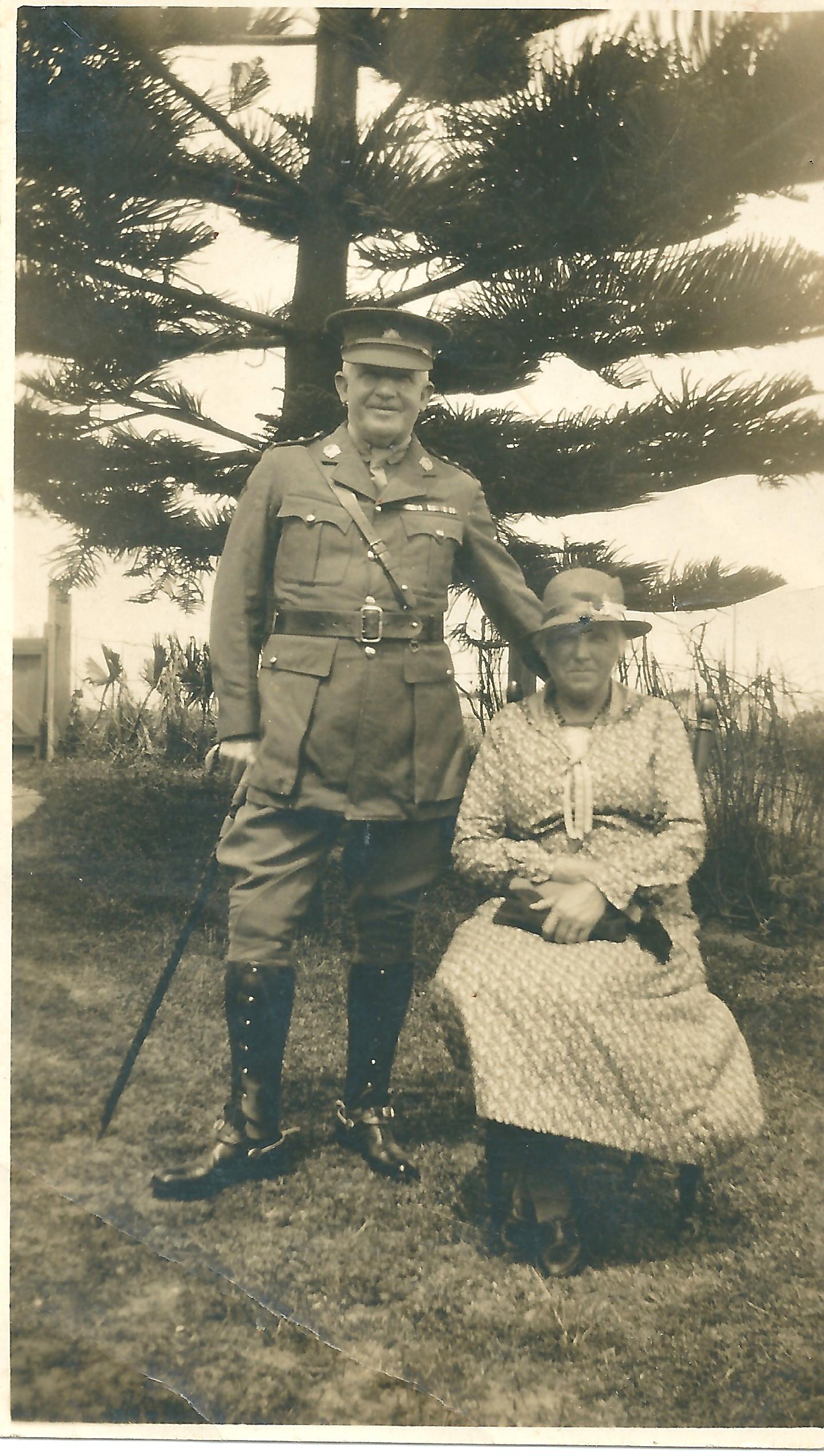Often these family enthusiasts may have compiled huge volumes of information covering thousands of family members. And it is not so easy to move from one software to another - effectively creating walled gardens. However that position seems to be up for a challenge as there are moves afoot to set up standards for Family History Software.
 |
| My Great Great Uncle George Hicks- a Boer War and WWI hero - shown here with his wife Lou. |
 |
| Three generations of my family shown here circa 1950 - in our home town Thirroul, 50 miles south of Sydney |
In particular I used Google Reader and RSS feeds to monitor trends and ideas in Family History internationally. And so the questions emerged of which software package to use going forward - to stick with what we had to use one of the newer on-line packages ?
Some of the gurus had carefully analysed some of the four big guns of the Genealogy Software world, FindMyPast, Ancestry.com, FamilySearch and MyHeritage. There are also Mundia, WikiTree, Rootsweb, WorldVitalRecords, Geni.com, Mocavo, Legacy and more. And the old off-line standby Brothers Keeper - so there's the question of On-Line vs Local Software. Some of the gurus pointed that their data didn't always map across properly on moving to another software platform. Hmmm. And with the evolution of mobile web technology on Smartphones and Tablets there are Apps emerging for Genealogy on the Go !
 |
| A small family get together in February 2013 where I shared some of our families stories of the last 175 years - using information form Brothers Keeper Family Tree software and our Wordpress Family History sites. |
Quoting their web site ...
"The Family History Information Standards Organisation (http://fhiso.org/) was created to develop international standards based on the principles of diversity and due process. Standards developed by the organization will better meet the different and competitive needs of all service providers, program developers and users--globally.
Genealogists and technologists will work side by side to define needs and develop solutions. This will provide for a standard that more closely matches universal community requirements.
Users will enjoy greater functionality and be in the best position to exchange information with other users and between programs. They will be able to connect with information services of their choosing.
Developers will be able to adopt a single standard with the confidence that their product meets expressed community requirements.
Service providers benefit because more programs and customers will be able to conveniently access their services."
They are aiming for a system which is :
- Open
- Multi-stakeholder
- International
- Self-governing
- Balanced
Clearly this is an emergent area for a quality focused approach !
